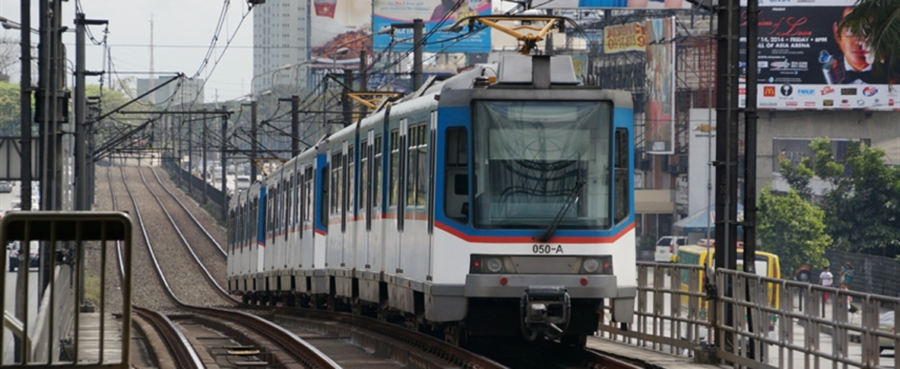
A veteran lawmaker has joined thousands of commuters in opposing the upcoming Light Rail Transit or LRT and Metro Rail Transit or MRT fare hike, which will start on January 4 despite frequent breakdowns due to mismanagement.
Valenzuela City Congressman Win Gatchalian said the government should first improve train service before implementing the 50 to 87 percent fare hike in MRT, which injured 40 people in an accident at Taft Avenue Station last August.
“Instead of raising MRT and LRT fares, the government should first improve the services of the mass transport system amid frequent glitches and a serious accident last August where 40 passengers were injured after a wayward MRT train rammed through metal railings and a lamp post at Taft Avenue Station,” Gatchalian said.
Gatchalian, a leading member of the Nationalist Peoples Coalition or NPC, issued the statement against the LRT and MRT fare hike after the Department of Transportation and Communications or DOTC made the announcement last Friday.
The DOTC explained that the fare increases are aimed at reducing the P12 billion in annual subsidies by about P2 billion, which is equal to 8,240 classrooms, or 11,440 hectares of irrigated farmlands.
But Gatchalian noted that the impending MRT and LRT fare hike will wipe out whatever benefits ordinary Filipinos were able to reap with the continuous drop in prices of gasoline and petroleum products and the recent rollback in electricity rates.
“The government did not even wait for the holiday season to pass before announcing the the planned increase for MRT and LRT fares. This will definitely neutralize the positive effects of the recent jeepney fare rollback as well as the impending rollback in taxi and bus fares,” Gatchalian pointed out.
Earlier, Gatchalian has questioned the DOTC’s proposed buy-out of the Metro Rail Transit 3 (MRT-3) amounting to a whopping P54 billion.
And to express his opposition to the planned buy-out, Gatchalian filed House Resolution No. 1754 that will pave the way for a Congressional inquiry into the proposed buy-out especially after it was discovered that 80% of the amount will only cover the bonds that are already with the state-run Land Bank of the Philippines (LBP) and Development Bank of the Philippines (DBP).
Records showed that the LBP and the DBP bought 80% of the bonds from MRT-3 private owner Metro Rail Transit Corp. (MRTC) in 2008. The remaining 20%, meanwhile, will only buy out some shares and rights of the private sector while the ownership of the MRT-3 would still be in the hands of the private sector.
“The proposal of the government for the buy-out must be the subject of further study and hence the budget sought from the national coffers be held in abeyance pending consideration of what shall reasonably serve the best interest of the MRT3 riding public,” said Gatchalian, a senior vice chair of the House committee on Metro Manila development.
Gatchalian underscored the fact that the DOTC has possession and control of the MRT and there is no legal impediment to add capacity.
“So why the buy-out when you already control the MRT,” Gatchailan said.
Holding firm Metro Pacific Investments Corp. (MPIC) had earlier renewed its offer to rehabilitate, expand and operate the overloaded MRT-3 in Metro Manila after the Senate rejected a P54-billion government plan to take over the line.
MPIC president Jose Ma. Lim, in a hearing at the House of Representatives recently, presented adjusted capital investment figures for its offer valued at $524 million (P23.3 billion), lower than the $565 million (P25.1 billion) the company had proposed in 2011.
The DOTC has proposed that with the buy-out, the price of which was determined by the Finance department, the government will gain P36 billion compared to the P6.4-billion annual subsidy needed to bankroll MRT operations until 2025.
Upon purchase by the government, operations and maintenance of the MRT will be subcontracted to the private sector.
However, the DOTC’s capacity to control the MRT-3 operations has been belied by the audit report of the Mass Transit Railway Corp. Ltd. in Hong Kong. (R. Burgos)


